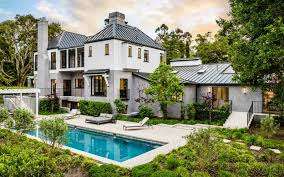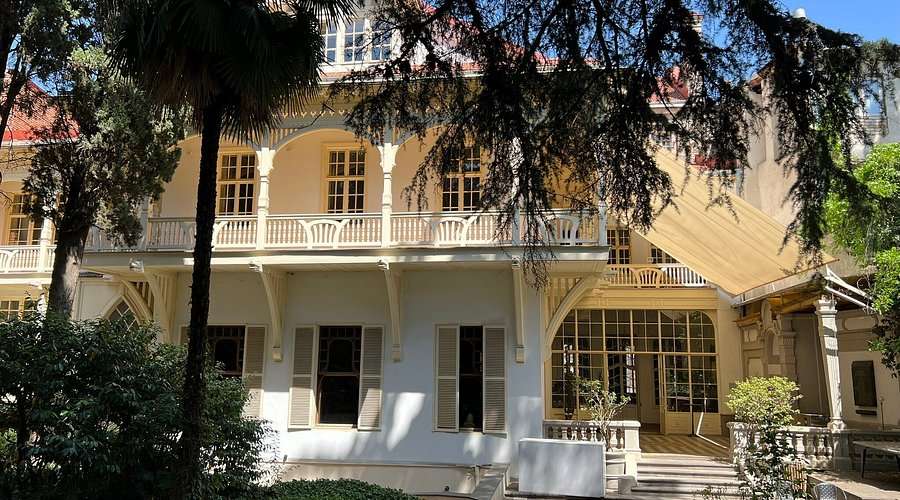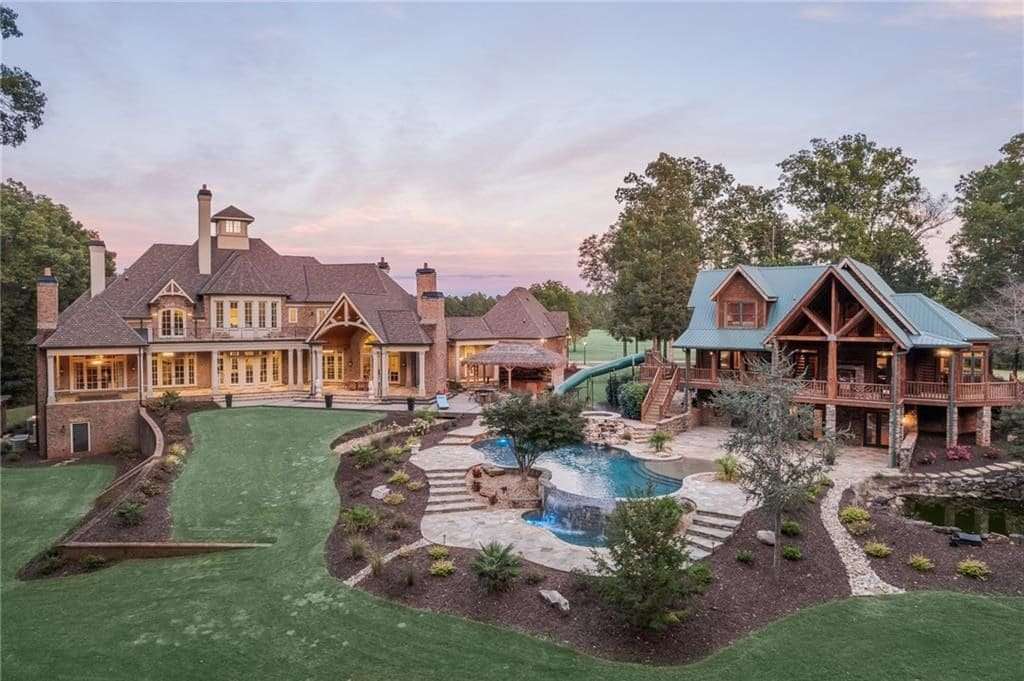
Choosing flats in Georgia offers an appealing mix of affordability, varied architecture and a lifestyle that blends history with modern comforts. Whether you are an investor, an expatriate or a local looking to relocate, understanding the market and practical aspects of apartment living is essential. For convenient listings and a reliable start in your search, consider browsing trusted property portals such as flats in georgia https://residence-estate.ge/en/objects-type/flats/ which present a wide selection of options across major cities and regions.
Overview of the market
The Georgian property market has attracted attention for years thanks to reasonable prices compared with many European countries, growing tourism, and improving infrastructure. Major cities like Tbilisi, Batumi and Kutaisi offer the largest supply of flats, but trends differ between them. Tbilisi’s market is driven by professionals, international organizations and cultural life, resulting in steady demand for centrally located apartments. Batumi, located on the Black Sea coast, is popular for holiday properties and rental yields during the tourist season. Smaller cities and regional towns tend to be more affordable and may appeal to buyers seeking long-term value or quieter lifestyles.
Types of flats and architecture
In Georgia you will find a mix of architectural styles and building types. Historic neighborhoods in Tbilisi contain classic 19th- and early-20th-century buildings with high ceilings, wooden balconies and ornate facades—these often appeal to buyers who value character and are willing to renovate. Soviet-era apartment blocks are prevalent across all cities and are usually pragmatic and affordable. New developments and gated complexes are becoming increasingly common; they offer modern amenities such as elevators, parking, security and energy-efficient construction. Understanding the differences in construction quality, maintenance responsibilities and communal fees is important when evaluating options.
Popular neighborhoods
In Tbilisi, neighborhoods like Vera, Vake, Saburtalo and Mtatsminda are frequently sought after. Vake and Vera are green, residential and well-served by cafes and shops; Mtatsminda commands views and proximity to cultural sites; Saburtalo is practical and family-friendly. Batumi’s promenade, Old Boulevard and new high-rise zones attract those interested in sea views and tourism-driven rentals. Each neighborhood has its own character and price range—visit in person when possible to assess noise levels, access to public transport, and nearby services.

Buying vs renting
Deciding whether to buy or rent depends on your plans, budget and risk tolerance. Renting offers flexibility and lower upfront costs—useful for newcomers testing a city or seasonal workers. Leases are commonly available for short-term (monthly) and long-term (yearly) arrangements. Buying can be a good investment if you plan to stay for several years or want rental income; the legal framework allows foreign nationals to own property in Georgia, though there are some location-based restrictions for agricultural land. Title registration and a formal sale-purchase agreement protect buyers, but due diligence is important to avoid encumbrances or unclear ownership histories.
Legal and practical considerations
Before purchasing a flat, commission a full property check: confirm ownership and the absence of debts, unpaid utility bills, or legal disputes. A notary public handles the transfer of ownership and registration with the National Agency of Public Registry. Many buyers hire a local lawyer or a reputable real estate agent who can navigate paperwork, translation and negotiations. For renters, ensure the lease clearly states the rent amount, deposit conditions, duration, and responsibilities for utilities and maintenance.
Costs and additional fees
Beyond the purchase price, budget for taxes, notary fees and registration costs. Sellers and buyers typically negotiate who pays which fees, but customary costs include a small property transfer tax and administrative charges. For rentals, expect to pay a security deposit (usually one or two months’ rent), a commission to the agent if used, and monthly utilities that may vary seasonally—heating costs in winter can be notable in older buildings without central systems.
Renovation and utilities
Many flats require refurbishment, especially older properties with authentic features. Renovation costs depend on the scope: cosmetic updates are affordable, while structural work, plumbing or heating upgrades add expenses. Check the building’s heating system—district heating exists in some areas, while others use gas or electric heaters. Internet and mobile coverage are widely available and affordable; cable and satellite TV services are common. When planning renovations, obtain permits if structural changes affect communal property or building integrity.

Living in a Georgian flat: everyday life
Living in Georgian flats offers easy access to local cuisine, markets and vibrant street life. Neighborhood bakeries, small grocery stores and open markets remain convenient, and many international supermarkets are present in larger cities. Public transport (buses, metro in Tbilisi, minibuses) is inexpensive. Social life centers around cafes, parks and cultural venues—with a sense of community in many residential districts. If you plan to commute, assess peak-hour traffic and proximity to schools or workplaces.
Investment perspective and rental yields
For investors, rental yields vary by city, neighborhood and seasonality. Batumi’s tourist rentals can generate strong summer returns but fluctuate off-season. Tbilisi offers more stable long-term rental demand from professionals and expatriates. Consider occupancy rates, tourism trends, and legal obligations for short-term rentals—local regulations and tax reporting must be followed. Long-term planning, diversification and working with local property managers can improve returns and reduce operational headaches.
Practical tips for a successful search
1) Use multiple channels: online listings, local agents, and community groups. 2) Visit properties in person—photos can be misleading. 3) Verify all documents and, if necessary, hire a lawyer for title checks. 4) Clarify ongoing costs: maintenance fees, utilities and communal responsibilities. 5) Negotiate the price and terms; flexibility can lead to better deals outside peak seasons. 6) Consider future resale value: access to transport, schools and planned infrastructure projects can raise demand.
Conclusion
Flats in Georgia present a compelling proposition for a wide audience: affordable living, cultural richness and diverse property types. Whether you search for a historic apartment in Tbilisi’s old town, a modern flat in a new development, or a holiday rental by the Black Sea in Batumi, careful research and local advice will help you make a sound decision. Approach the market with due diligence, consider long-term goals, and enjoy the distinctive lifestyle that living in Georgian apartments can offer.


